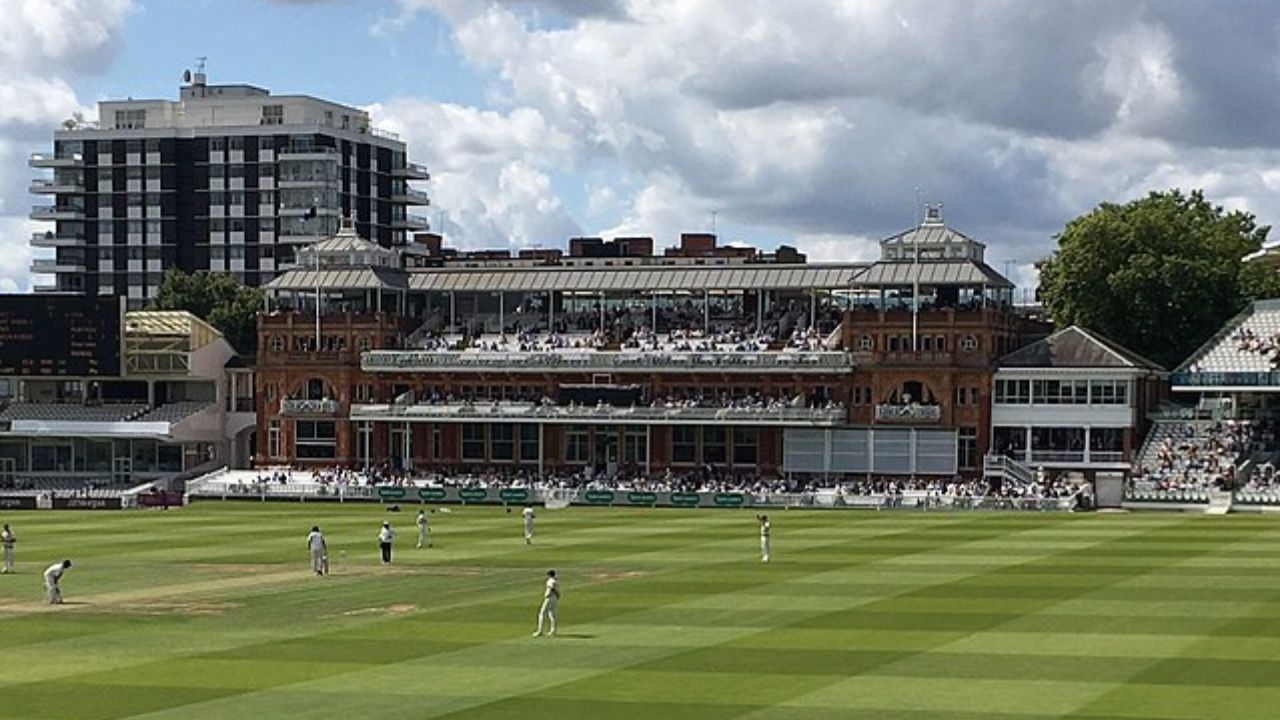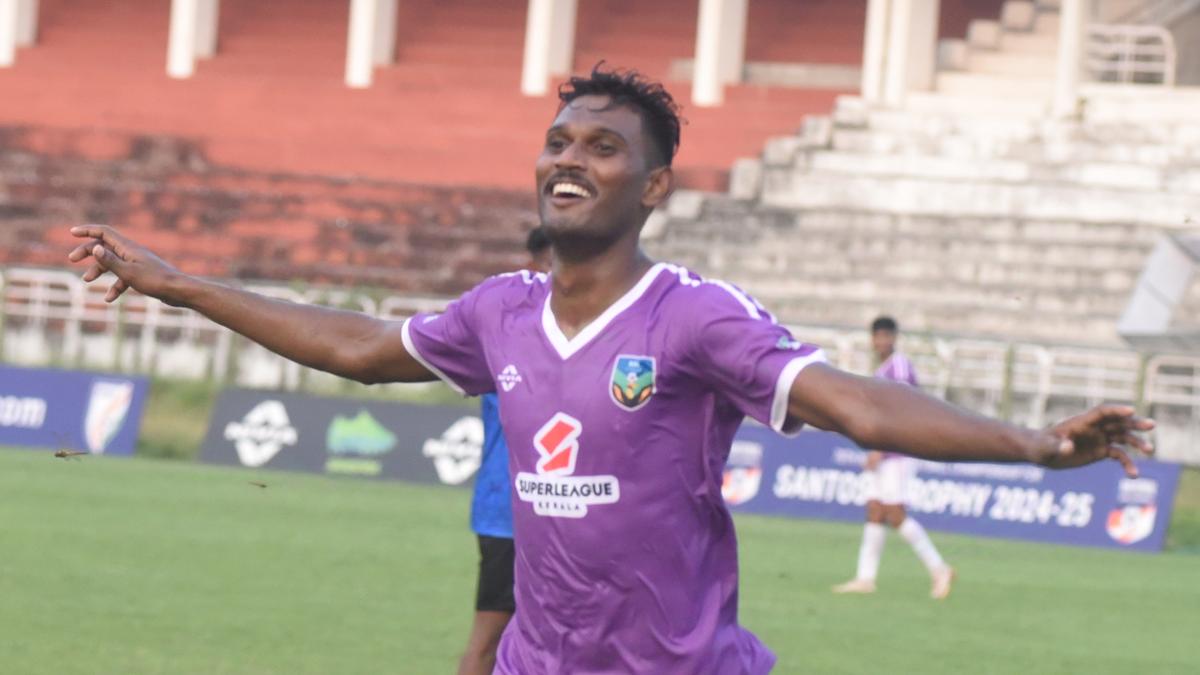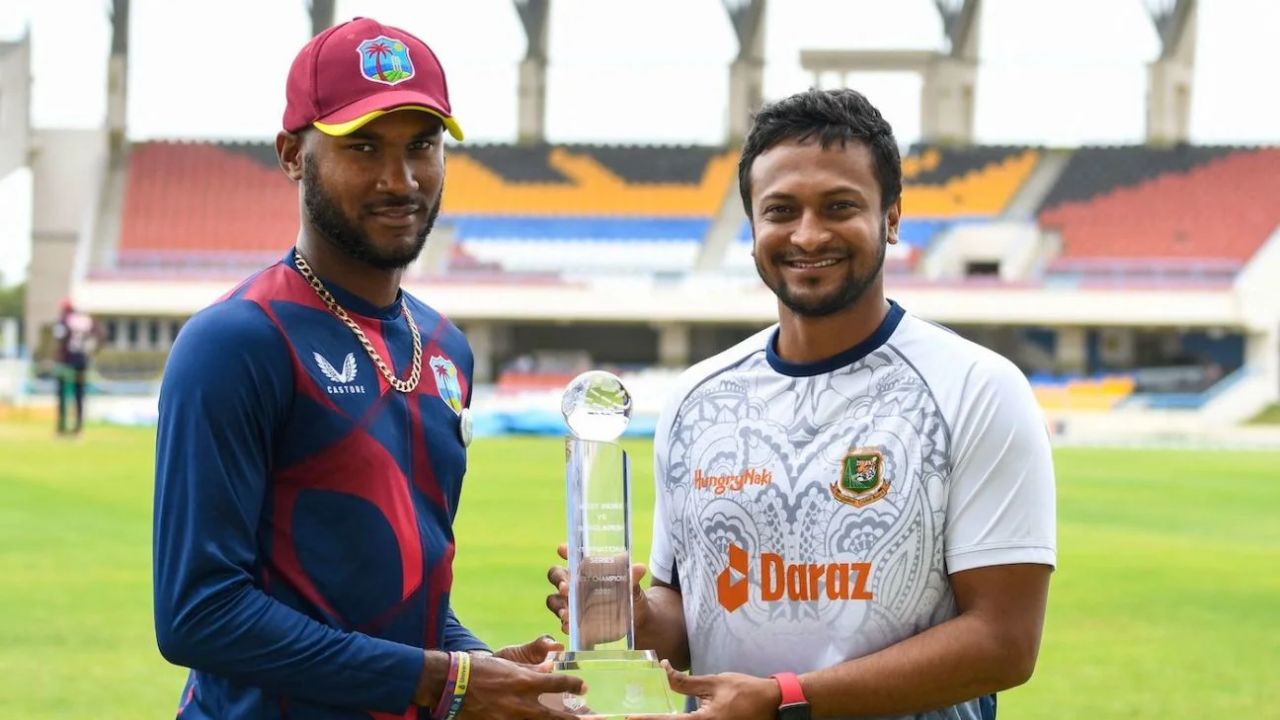New Delhi: One of the most inspirational stories in Indian hockey, Rani Rampal on Thursday decided to call time on her long career after being out of the Indian women’s hockey team for more than 21 months.

The daughter of a cart-puller in Shahabad Markanda, Rani rose from extreme poverty to captain the Indian team, taking them to their highest point at the 2021 Tokyo Olympics when they ended an unprecedented fourth. But following a fall-out with the team management last year, the 29-year-old was kept out of the team.
In an interview, the striker discusses her retirement, future, how she plans to give back to the sport among other topics: Excerpts:
What made you arrive at this decision of stopping now?
It was a very difficult decision. It is never easy for any player, especially when you’ve played for 15-16 years for the country. But after giving it a lot of thought I decided it is the right time for me. I have already started my new innings. I have taken up a new role of a mentor at Soorma Hockey Club. I have no regrets so I thought why should I think so much and finally the day has arrived. I am proud of myself, that I got the honour to play for my country for so many years.
How do you reflect back on your career?
Bahut shandar raha (It was a great career). There were many high and low points like it is in life. But a seven-year-old Rani who had just started playing hockey never thought that she would play for so many years, play 254 games for the country, score 200 goals. There were many good moments that will always be with me. I struggled a lot initially as my childhood was not easy. But I always had the passion, even as a child, that I wanted to do something for the country.
Was your father your biggest support?
Yes, but a lot of other people also supported me in my career. Definitely, family comes first because it all starts from your mother and father. They had to struggle a lot as we were very poor but their thinking was rich. They gave me the opportunity to play and become a better person. Also, I had a coach who played a big role in my life. Sometimes you have everything but not the right guidance or teacher. I was lucky that I got a coach like Baldev Singh Sir who guided me not just in hockey but in life, teaching me basics like discipline, punctuality day-in and day-out, how to stay humble in life. Then friends, fans, well-wishers who gave me a lot of love. They gave me an identity. The media who told the people who I was. My teammates, coaches, physios, trainers. There were a lot of people who worked behind the scenes. I thank them for helping me in my journey.
Is there anything you would have done differently? What changes would you like to see in women’s hockey?
As I said I have no regrets. You have regrets when you feel you could have done better and put more effort. A lot of change is already coming in women’s hockey. I never thought that there would be a women’s Hockey India League. But it is happening and it will help the kids financially. A lot of things are changing even from the government’s end. There are a lot of grassroot level schemes. Youngsters are getting a platform. Differently… I want to see Indian women on the Olympic podium. I tried for that. We were very close, but were not able to achieve that. I’ll be the happiest if India reach the Olympic podium. We have the capability.
What, according to you, are your career’s high and low points?
I had many high points. The first definitely was when I got my India jersey, to play with the tricolour on my jersey, that was the biggest moment in my life. You can’t explain the feeling in words. I feel proud that I wore that jersey for 15-16 years. It was an honour to play two Olympics, three Asian Games, three Commonwealth Games, three World Cups. Those were all the good memories. The low point was the 2021 Olympic semi-final when we lost 1-2 (to Argentina). We were so close to a medal. Then the start of my career when we couldn’t even qualify for the 2008 and 2012 Olympics. Of course, my childhood. Seeing poverty at a young age, being a girl coming from Haryana, people telling my parents that girls don’t play. These were also challenges and setbacks I had to overcome. The injuries I had. There are many things that I had to deal with mentally and emotionally.
You were struggling in 2016 under then chief coach Neil Hawgood but excelled under his successor Sjoerd Marijne. How do you look back at that period?
2017 to 2021 was a very good period. We won the Asian Games silver, finished in the top four at the Olympics. There are different coaches and different players. I always believe that you should do your job well and not think about coaches and players. No one stays permanently. You should just do your best. I have always had the same philosophy. You should lead with example.
What do you plan to do in future?
I have just started my mentorship with Soorma Hockey Club. I plan to mentor and help young girls. I can work in any way for hockey. This game has given me a lot. I will work as hard as I did in my first innings. My parents always told me no matter where I reach in life, I should never give up putting in my effort.
You said you have no regrets but how do you look back at the last two years when you were kept out of the team?
I had a good and long career. Everyone has ups and downs in life. We all have good and bad phases. That was a period but I don’t want to talk too much about it. I had the same goal: to do whatever I do and give my 100 percent. I fought for it. But today I am very happy. I played 254 games for my country. Not many can claim that.
What is the one learning that you want give youngsters who you will mentor?
To just believe in yourself. Because until you believe in yourself, nobody will believe in you. Sport is not just physical part, there is a big mental and emotional part too. Can we mentally and emotionally help the players? Because anyone can teach the technical and tactical parts. But nobody knows what is happening in your mind. Many players perform on the field despite struggling mentally. As a mentor, I want to help them.










Leave feedback about this